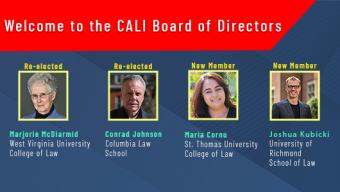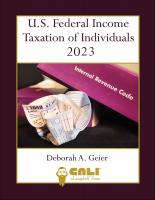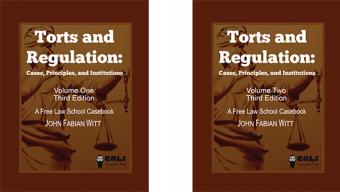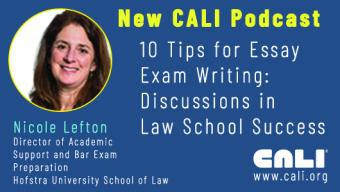Registration is open for CALIcon23
Be amongst the first to register for the CALIcon Conference 2023! The CALIcon Conference, also known as The Conference for Law School Computing®, is one of the longest-running legal education conferences in the United States. The conference brings together law school faculty, librarians, IT professionals, and administrators to share ideas, innovations, experiences, and best practices in legal education/technology that you can use at your law school. It is eclectic, engaging, and fun. Don’t miss out on this opportunity!






